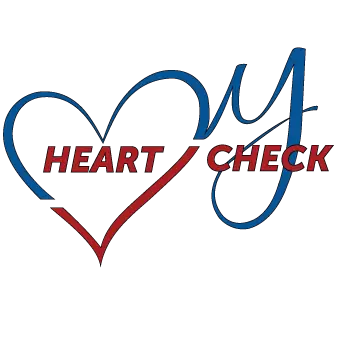Published on: EmaxHealth.com 11-11-2015
Written by: Deborah Mitchell
Given the untimely and tragic death of 13-year-old Caleb Logan Bratayley from hypertrophic cardiomyopathy, attention has been focused on this largely inherited cardiac disease. What should every parent know about hypertrophic cardiomyopathy?
The New York Times/Associated Press reported that Caleb, who gained stardom by hosting his family’s online video series since December 2010, died of a “heart condition that commonly causes cardiac arrest in young people.” So should parents be concerned?
According to the American Heart Association, hypertrophic cardiomyopathy is often diagnosed during infancy or the teenage years, and it is the second most common form of heart muscle disease. However, although the condition affects up to half a million people in the United States, children under the age of 12 make up less than 10 percent of those cases. So take a deep breath, mom and dad.
At the same time, it is worth having your child’s heart health checked by a pediatrician. What will the doctor be checking for?
Hypertrophic cardiomyopathy is a condition in which there is abnormal growth of the muscle fibers that make up the heart. This unusual growth causes the heart muscle to become stiff, which in turn makes it challenging for the heart to relax and for blood to enter the chambers (auricles and ventricles), especially during physical exercise.
In the majority of cases, the heart chamber that is affected is the left ventricle, which is the chamber that is responsible for much of the pumping action. Individuals who have hypertrophic cardiomyopathy have a thick septum, which is the wall that separates the chambers.
The thickening hinders the flow of blood out of the heart. In a small percentage of patients with hypertrophic cardiomyopathy, the disease involves a thinning of the heart muscle and the left ventricle dilates, further reducing heart function.
Parents should know that about 50 to 60 percent of children who have this condition have a relative who has it as well. Therefore, it’s important to know your family history and if you don’t, it’s especially essential to have your pediatrician check your child’s heart.
Signs and symptoms of hypertrophic cardiomyopathy
Although some children experience no or mild symptoms of hypertrophic cardiomyopathy, others may develop abnormal heart rhythms or heart failure (especially kids younger than one year). Mild symptoms of heart failure can look like asthma. In infants especially, symptoms can be a challenge to identify, and they can include poor growth, excessive sweating or crying and fussiness during feeding, and breathing difficulties.
Often symptoms of hypertrophic cardiomyopathy occur with rapid growth and development during late childhood and adolescence, as well as when kids participate in strenuous competitive activity. Children who have severe hypertrophic cardiomyopathy may have swelling around their eyes along with breathing problems, swelling of the legs, coughing, abdominal pain, and tiredness or weakness.
One of the first signs of hypertrophic cardiomyopathy can be heart murmur; others children may include shortness of breath during exercise, lightheadedness, irregular heartbeats, and chest pain. Kids who have hypertrophic cardiomyopathy can also complain about a heartbeat that is either too fast or too slow.
Doctors who suspect a diagnosis of hypertrophic cardiomyopathy typically order an echocardiogram or ultrasound of the heart to look for a thickening of the walls in the left ventricle. Other possible causes of such thickening (e.g., aortic valve stenosis, high blood pressure, among others) should be ruled out.
Another option is genetic testing. Anyone who has a parent, sibling, or child with hypertrophic cardiomyopathy may request to be screened. However, you should know that genetic testing may not provide a definitive answer, so you should talk with a genetic counselor to more fully understand test results.
Treating and living with hypertrophic cardiomyopathy
Although there is no cure for hypertrophic cardiomyopathy, a number of treatments can help manage symptoms. Your doctor will develop a treatment strategy that corresponds with your child’s specific condition and ability to tolerate the therapy.
Symptoms such as chest pain, breathing challenges, and fatigue often can be met with calcium channel blockers and beta-blockers, although these medications are associated with significant side effects, including dizziness, fatigue, fluid retention, and abnormal slowing of the heart. You will need to discuss the pros and cons of individual therapies with your physician.
Children who have been diagnosed with hypertrophic cardiomyopathy can live normal lives, although there are some restrictions, such as avoiding participation in competitive sports. However, low-impact activities may be safe depending on each child’s individual status.
School officials, such as the school nurse, will likely be involved in ensuring children with hypertrophy cardiomyopathy receive medication as needed. Since living with this condition can be stressful for children, psychological help may be needed as well.
Recent research into hypertrophic cardiomyopathy in young people has shown that early identification of the condition, use of implantable cardioverter-defibrillators, and other treatments to be helpful in preventing sudden death. Parents should attempt to secure a reliable family history and have their children’s heart health checked by a pediatrician as a precaution, especially when kids want to participate in competitive sports.
